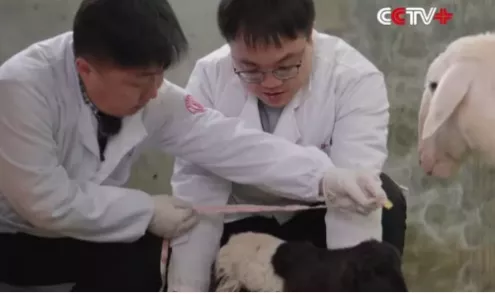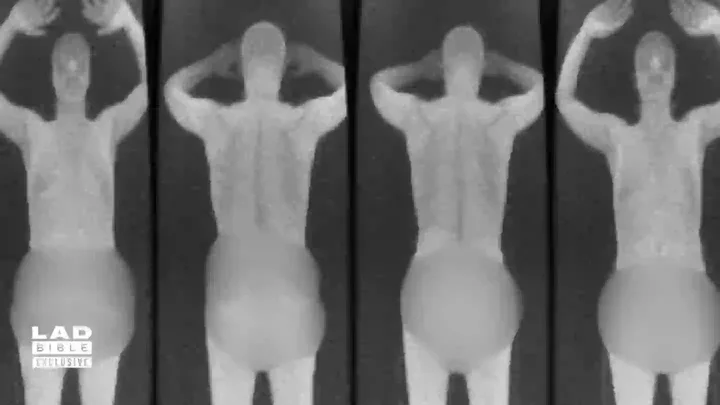
China has claimed to have successfully cloned two goats, and they plan on using the cloned animals to harvest wool.
Scientists working under Xi Jingping's plan to succeed the Western world in technological advancements believe they have successfully cloned two Tibetan goats.
It marks the very first time the success has ever been seen globally.
The cloning means Chinese farmers can use the extra animals to harvest further furs, used in the cashmere wool trade.
Su Jianmin, the chief scientist leading the cloning programme, has since claimed the team were successful in birthing a pair of cloned goats in Qinghai, northwest China.
A team of researchers at the Northwest A&F University were hard at work on somatic cell cloning.
Chief Jianmin said: "Two cloned goats have been born in Qinghai. The firstborn weighed 3.4 kilograms [7.4 pounds] and is healthy."
Details on the project are scant and China is unlikely to release any more unless a peer-reviewed paper is published, LiveScience reported.
Chinese media did release a video of the cloned kid, whose birth was part of a somatic cell cloning project, the details of which are few and far between.
Somatic cell cloning sees the nucleus of a somatic cell inserted into an egg cell which has been stripped of its own nuclei. Reconstructed cell work can then be stimulated, causing cell division and eventual development of an organism.
Similar somatic cell trials got underway in previous years, most notably with Dolly the Sheep.
The sheep, which was grown and formed from the mammary gland of a sheep, was the first mammal cloned under somatic cell sciences. Born on July 5, 1996, and dying on February 14, 2003, Dolly the Sheep marked an incredible breakthrough. Dolly birthed several lambs throughout their life and died of a lung disease unlinked to the cloning process.
















Comments